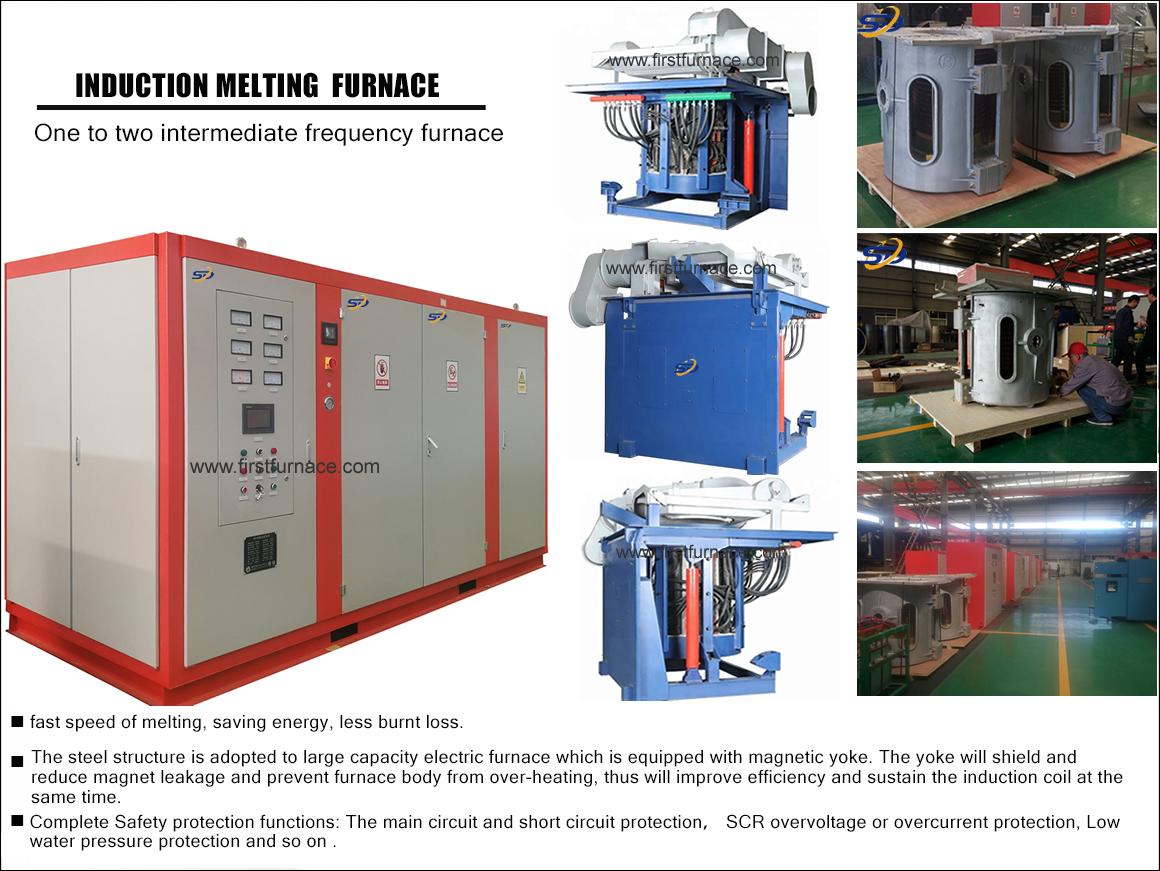Sales hot line ( 24 hours service): 18037961302
E-Mail: firstfurnace@gmail.com
whatsapp:+8618037961302
Adress: Luoxin Industrial Park, Luoyang, HenanLarge diameter steel pipe quen
Piston rod quenching and tempe
Grinding rod quenching and tem
High frequency induction heate
Quenching equipment for machin
Round steel end heating furnac
Steel pipe heat treatment prod
Square steel quenching and tem
Sucker rod quenching and tempe
Thickened petroleum steel pipe
Round steel quenching and temp
Steel pipe quenching and tempe
Steel plate quenching and temp
Induction Hardening Machine&nb
Flywheel ring gear high freque
According to the theory of transformer mutual induction, the effective value of the induced potential in the secondary winding (both charge) (represented by E2) is related to the two parameters of the frequency and the maximum value of the alternating magnetic flux, under the action of the induced potential E2. In the closed loop formed by the charge, there is a vortex flow. The magnitude of the eddy current is proportional to the induced potential E2 and inversely proportional to the impedance of the charge loop. When the impedance of the charge is determined, the heat and induced potential Proportionate. Since there is no magnetically conductive object in the coreless induction furnace, the magnetic flux must be closed by the air, but the magnetic reluctance of the air is large, which reduces the effective magnetic flux. In order to obtain the necessary induced potential, it is required to increase the cutting speed of the magnetic line. This requires increasing the frequency of the current through the induction coil to achieve a significant heating effect. However, under actual conditions, the flow of induced current in the charge will also form a magnetic field, but the direction is opposite to the magnetic field of the inductor. The result of the superposition of the two magnetic fields will weaken the whole effect. As the continuously weakened magnetic field continues to distribute deep into the interior of the charge and continuously generates current, the demagnetization of the current causes the electric field strength and current density induced in the charge to decrease sharply from the surface to the center, and the higher the frequency of the current, This phenomenon is also more pronounced, which is the result of the so-called skin effect effect. In order to increase the calorific value of the charge, if the frequency is increased without limit, one is limited by the complexity of the power supply device. More importantly, due to the above-mentioned skin effect, the eddy current heat increases with the current frequency, and only the charge is now The surrounding surface layer, while the heat in the center of the charge is conducted from the surface, so the heating time will be lengthened and the electrical efficiency will no longer rise. The relationship between the frequency of the power source and the electrical efficiency can be described as follows. In the case where the diameter of the induction furnace charge is fixed and the physical properties of the charge are constant, the electrical efficiency will rise significantly as the current frequency increases, but as the frequency continues to increase At this time, the electrical efficiency will no longer be close to the saturation phase as the frequency changes. Therefore, we can make an assertion that for a certain size induction furnace, and under the same physical conditions of the material of the charge and the sensor material, there must be a critical frequency. It is for these reasons that the electric furnace manufacturer will select the frequency according to the size of the furnace. The appropriate frequency is selected in consideration of the electrical efficiency and thermal efficiency of the furnace. When the furnace capacity is small, the frequency is higher, and when the capacity is larger, the lower one is selected, generally in the range of 200 Hz--8000 Hz.
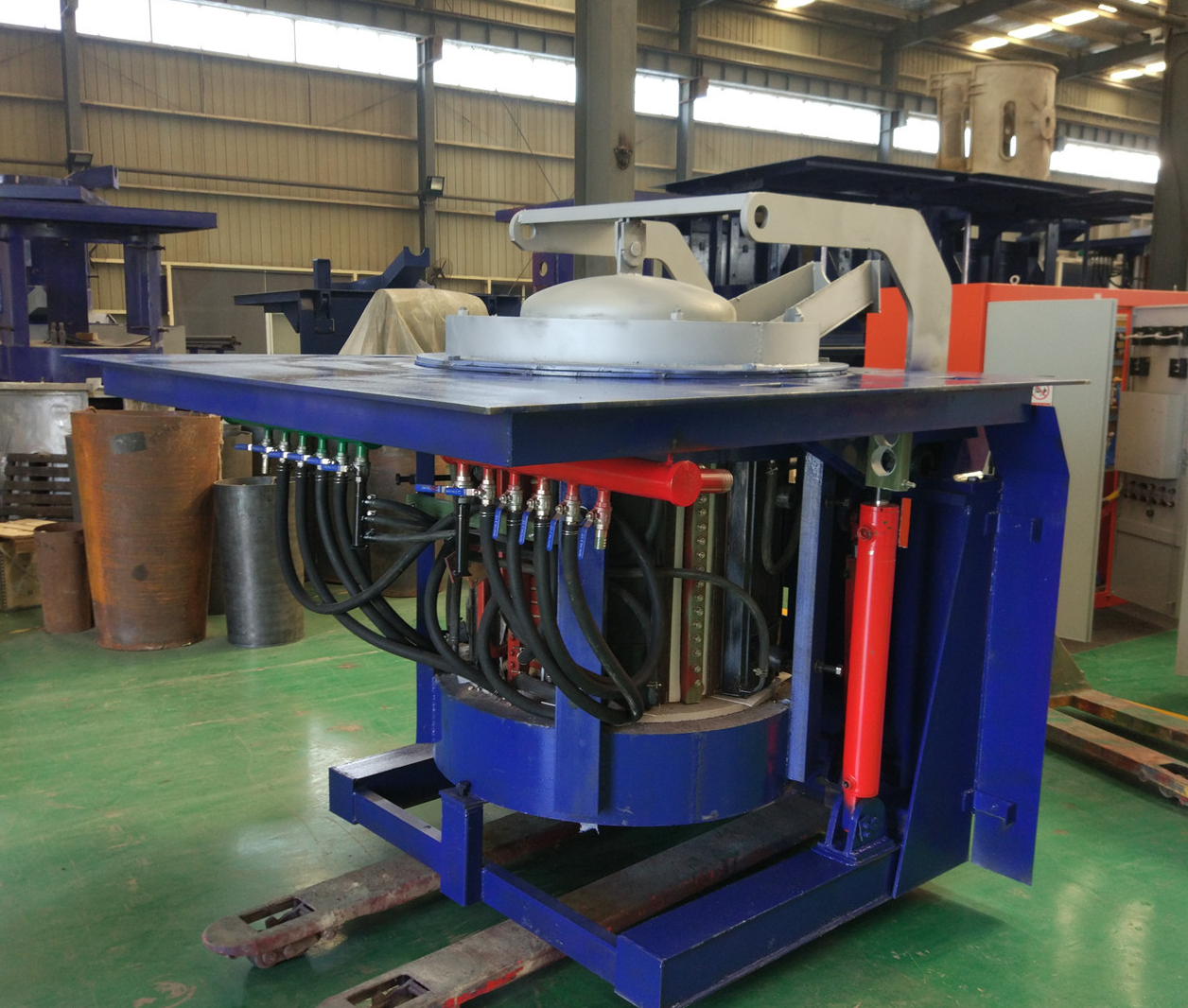
Iron induction furnace
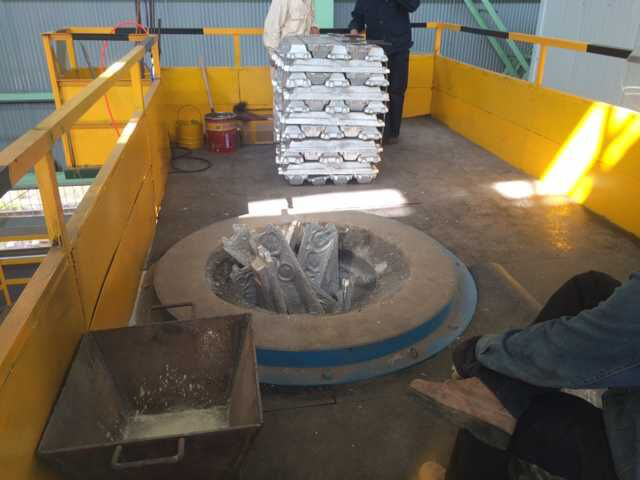
Aluminum melting furnace
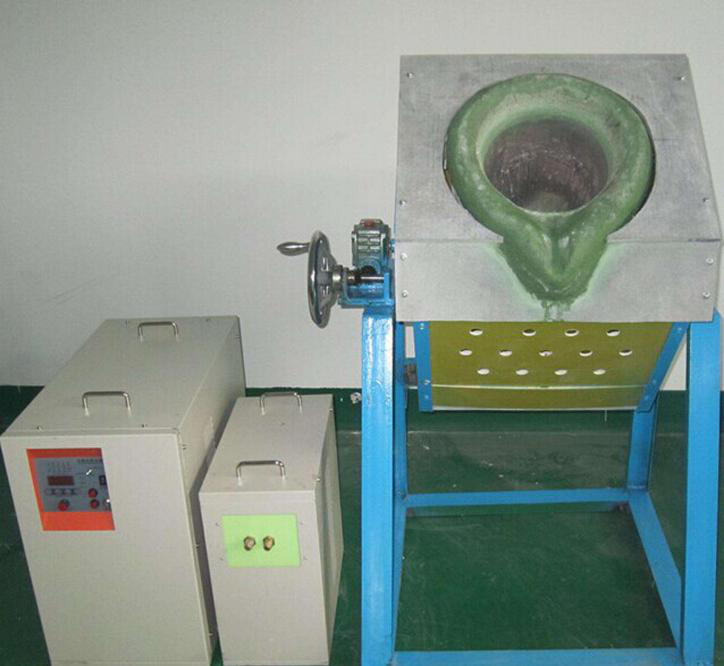
Copper melting furnace
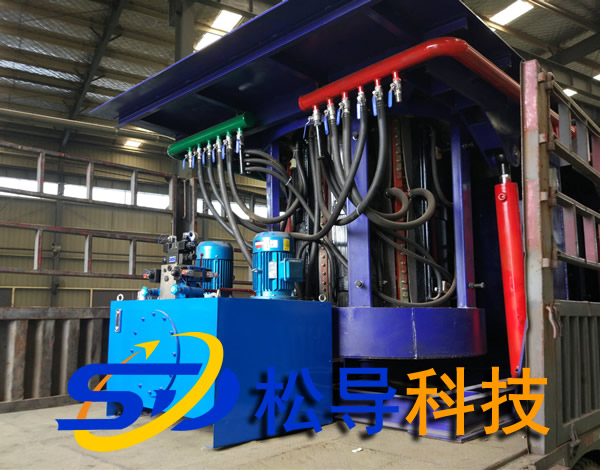
Small steel melting furnace
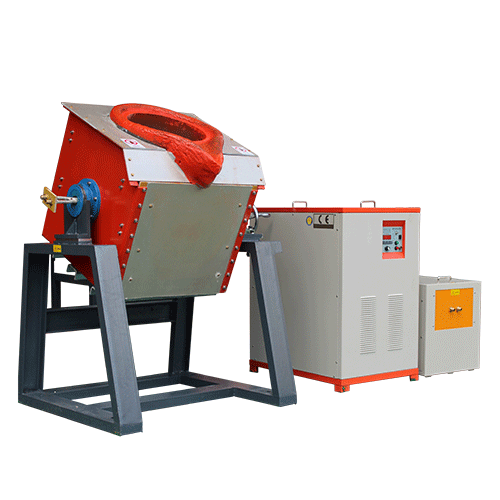
Small induction melting furnace
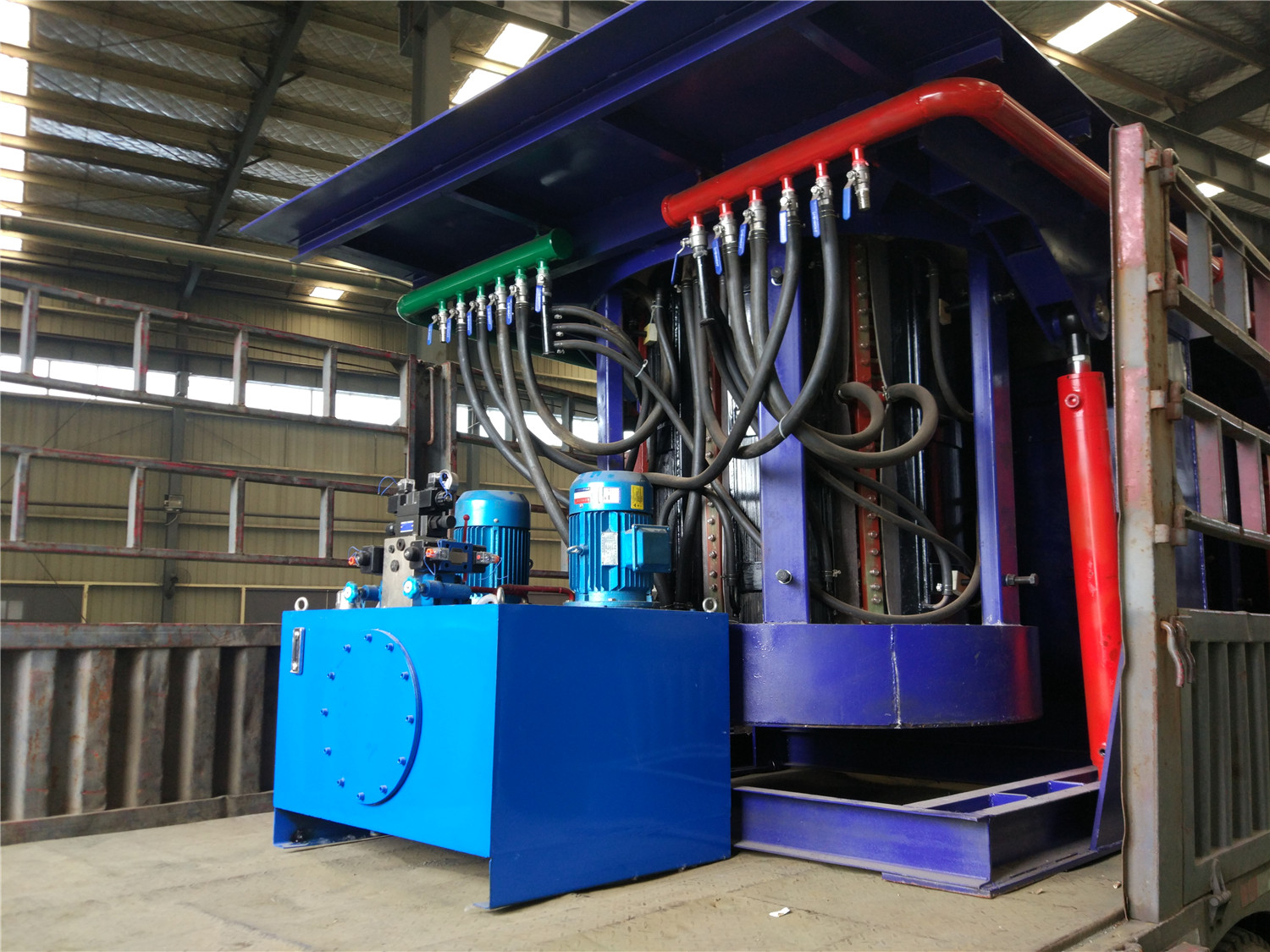
Induction iron furnace
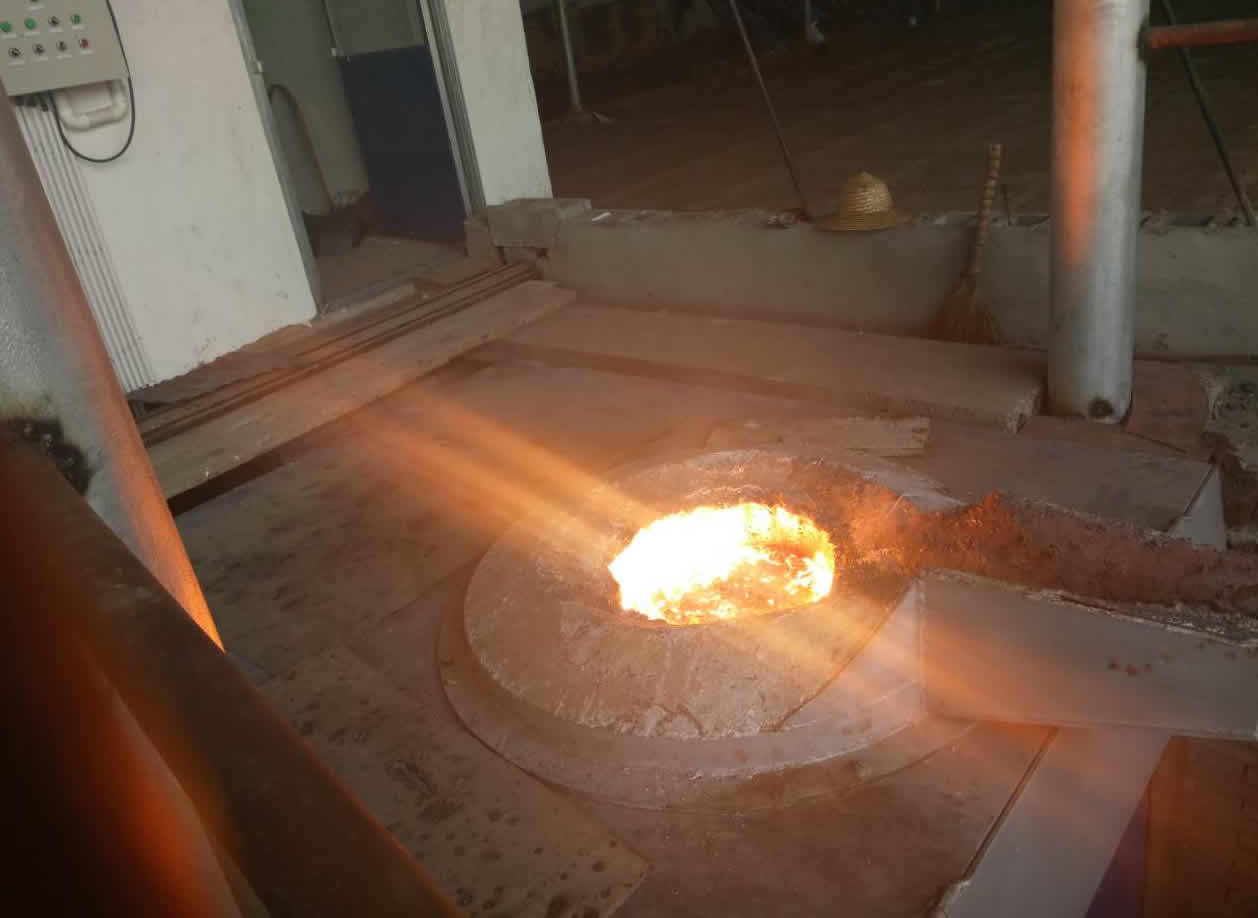
3T intermediate frequency iron melting f
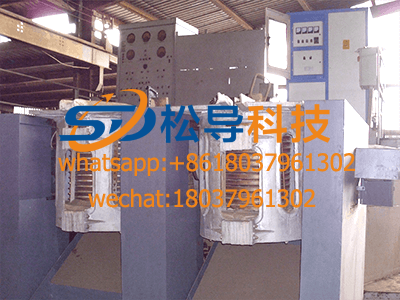
0.25T Intermediate Frequency Furnace
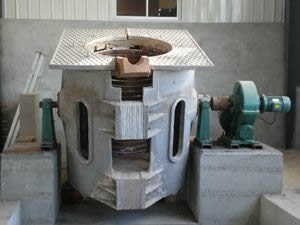
0.5T Intermediate Frequency Furnace
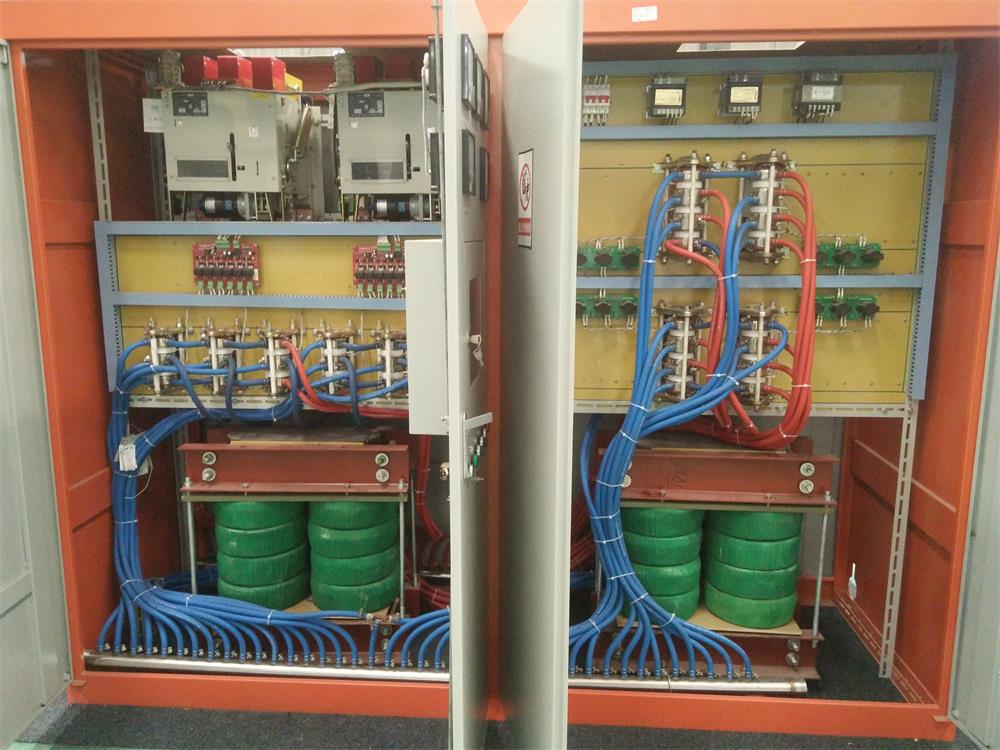
Medium Frequency Furnace

2T Induction Melting Furnace
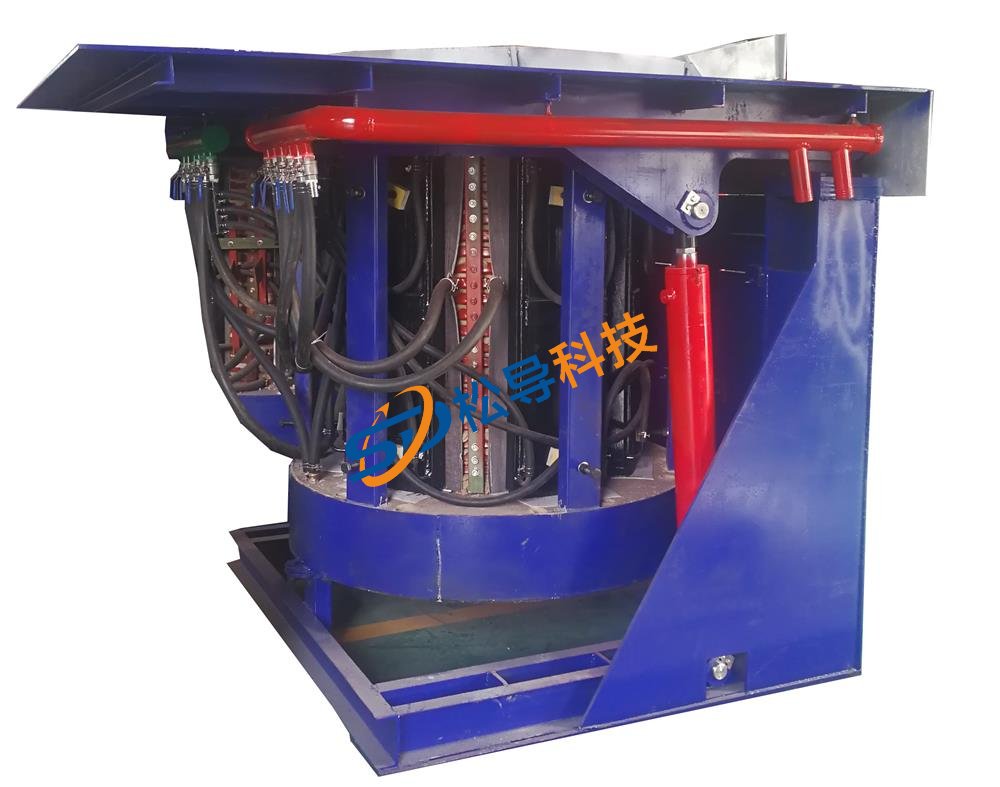
1T Induction Melting Furnace
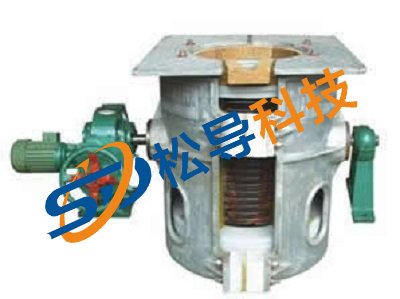
500kg Induction Melting Furnace
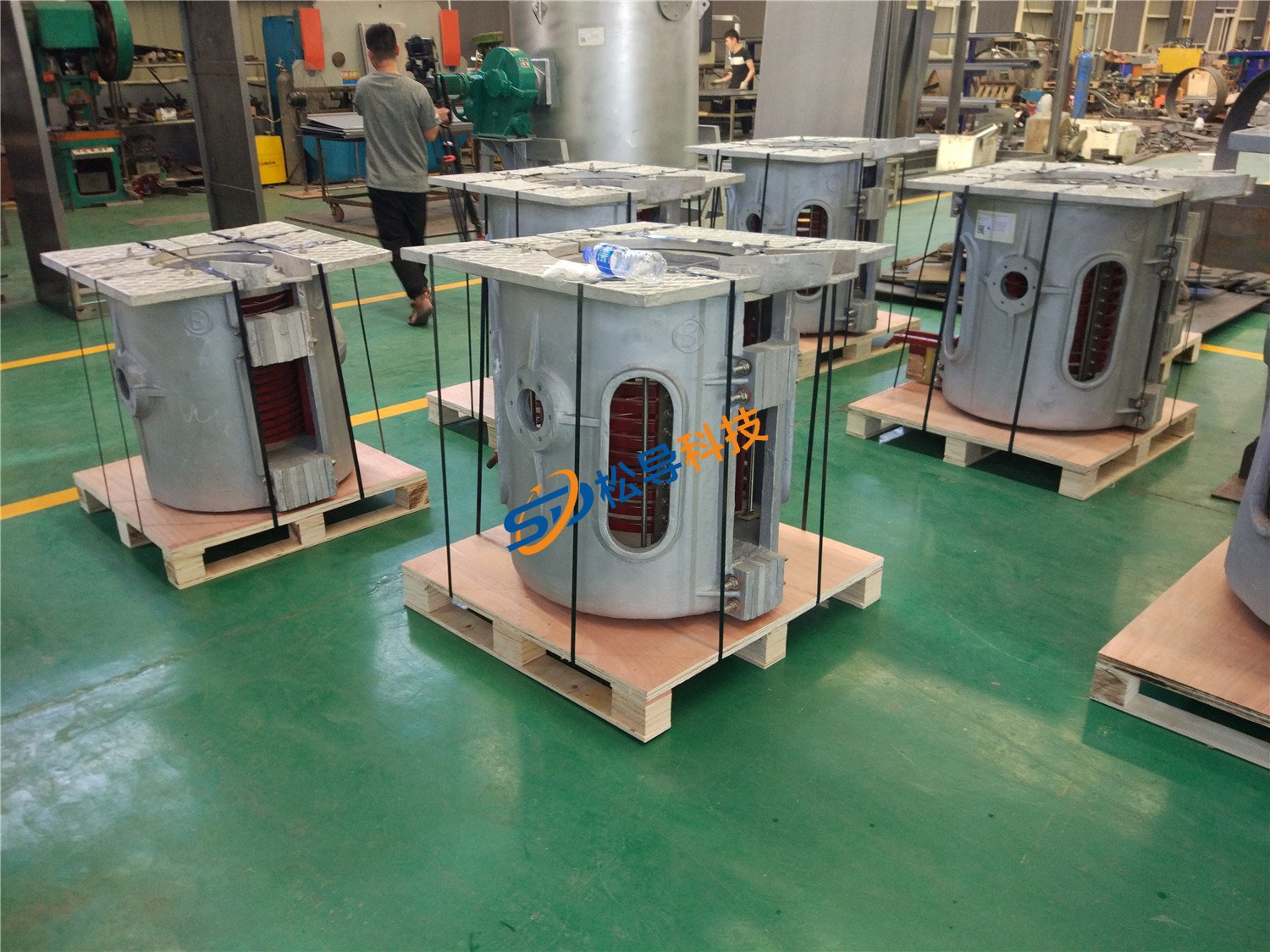
250kg Induction Melting Furnace
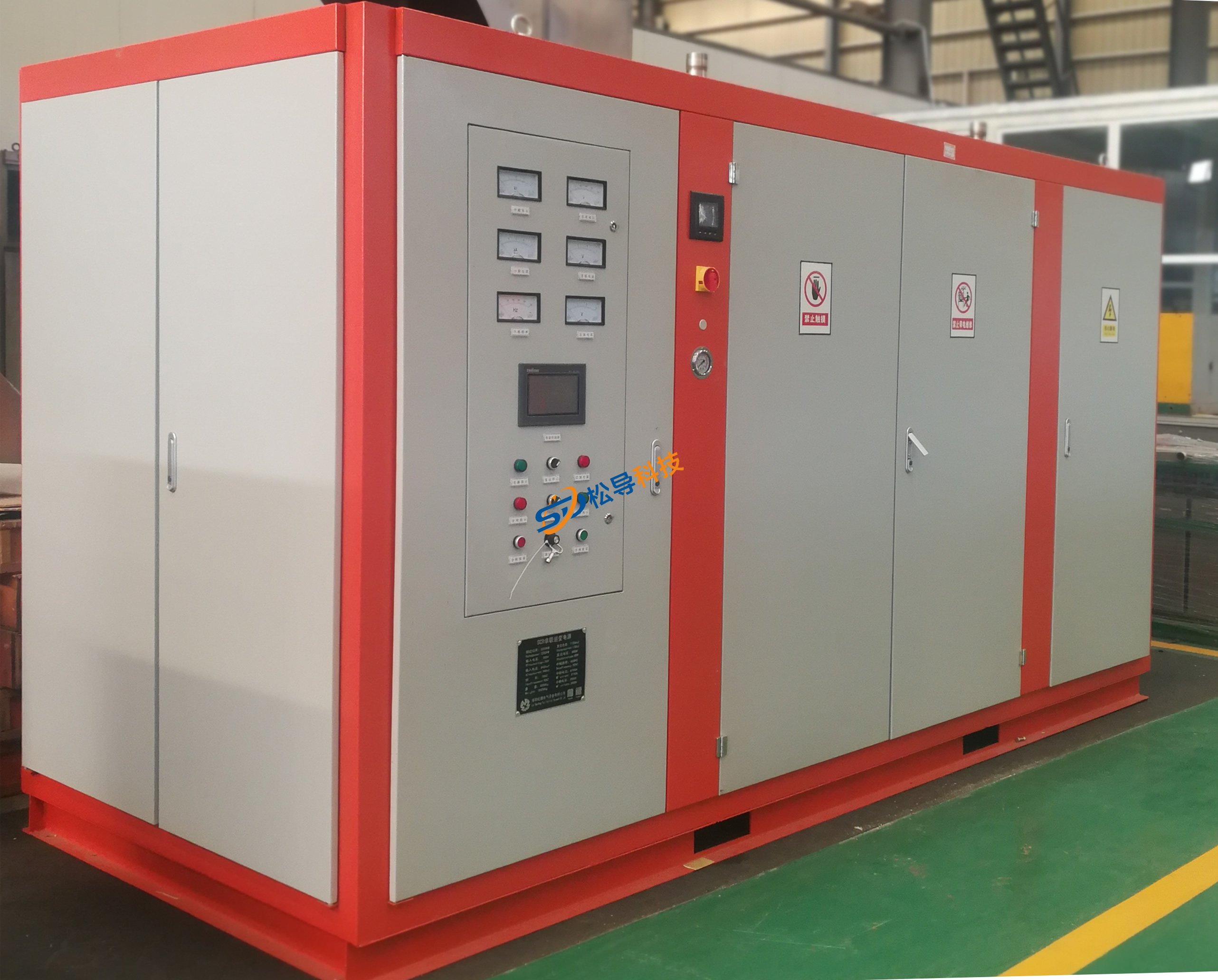
Induction Melting Furnace
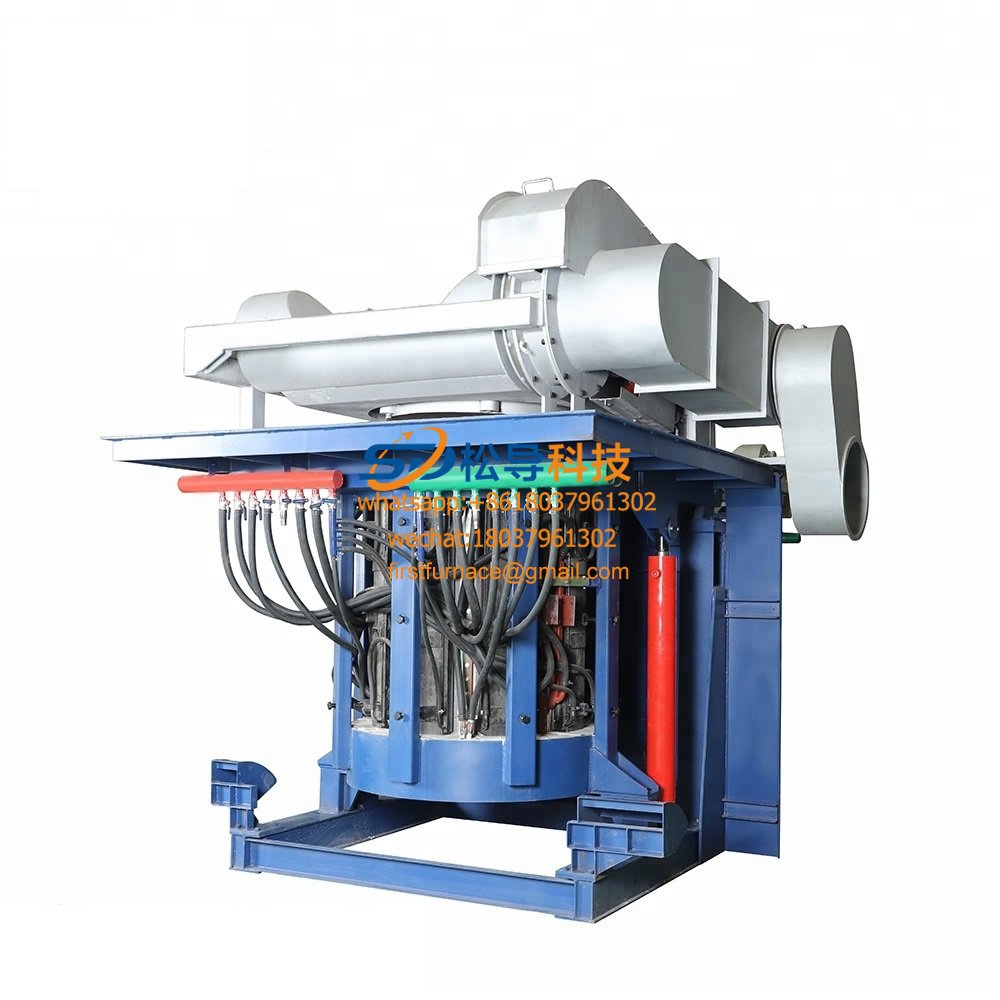
3 T Induction Melting Furnace
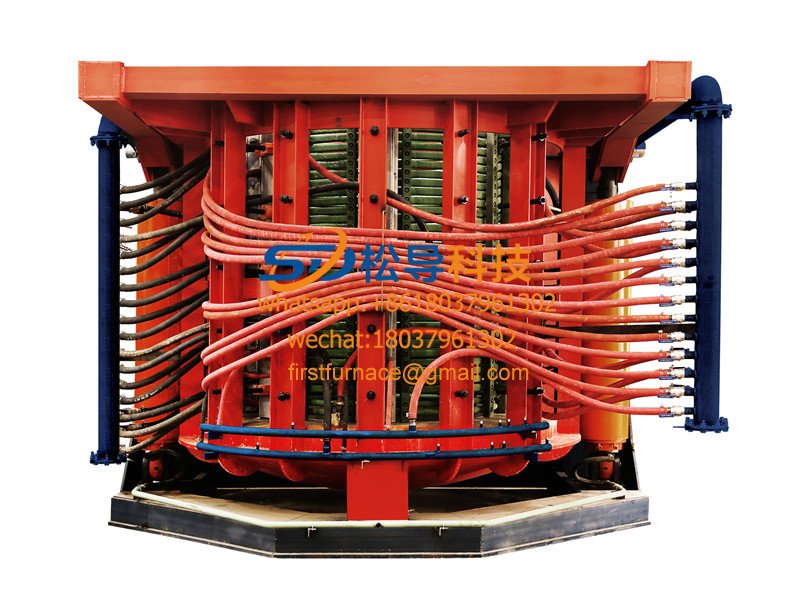
5T Induction Melting Furnace
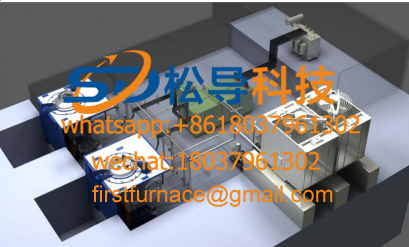
1T One Belt Two Intermediate Frequency F

5T One Belt Two Intermediate Frequency F
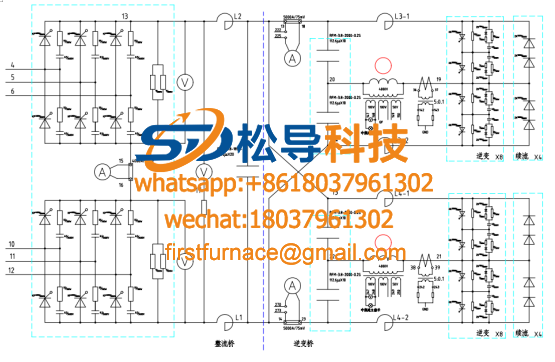
3T One Belt Two Intermediate Frequency F
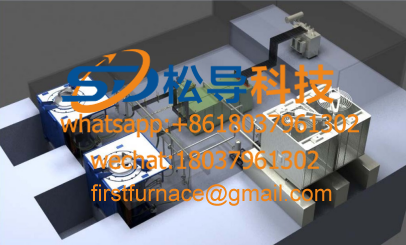
2T One Belt Two Intermediate Frequency F
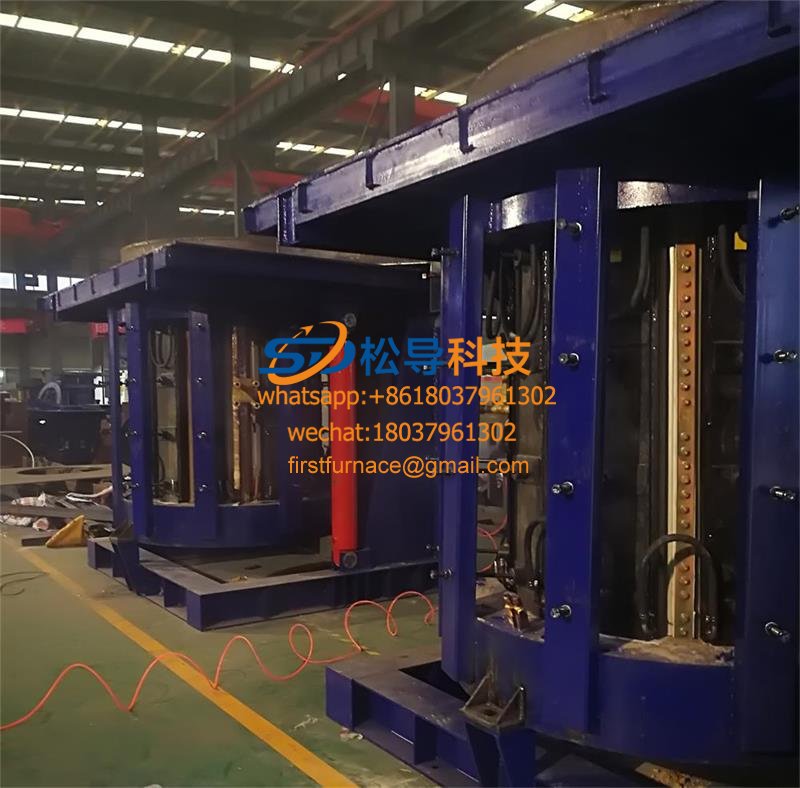
5T Parallel Intermediate Frequency Furna
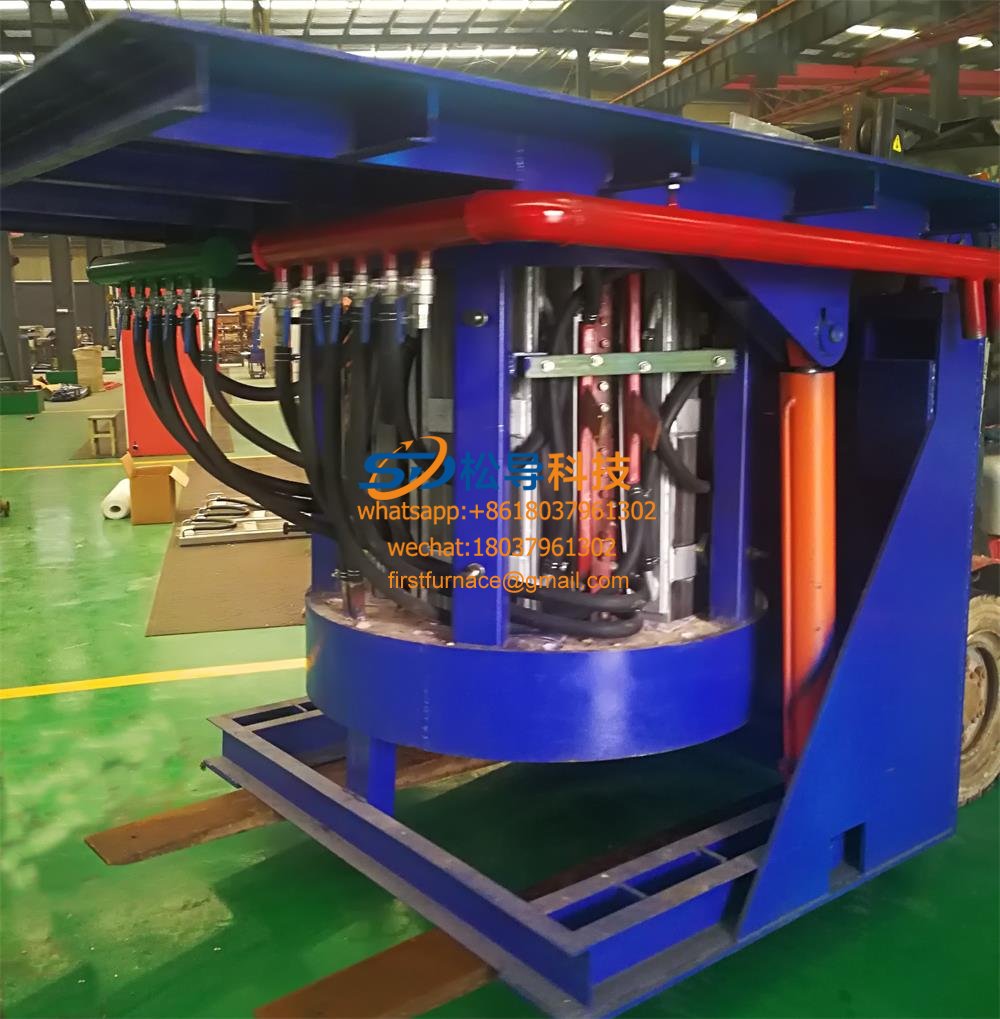
5T Intermediate Frequency Furnace

5T Series Intermediate Frequency Furnace
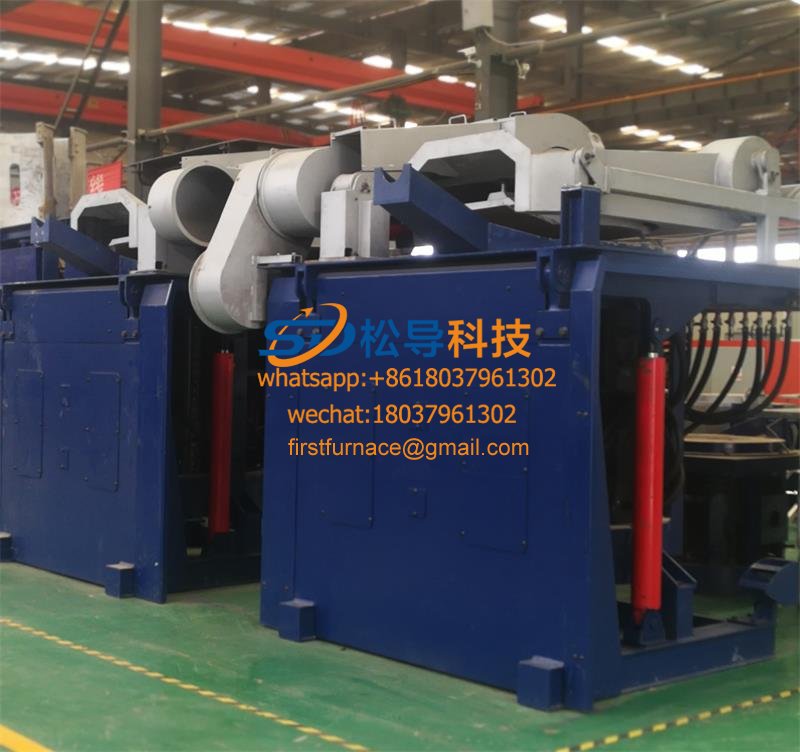
3T Series Intermediate Frequency Furnace
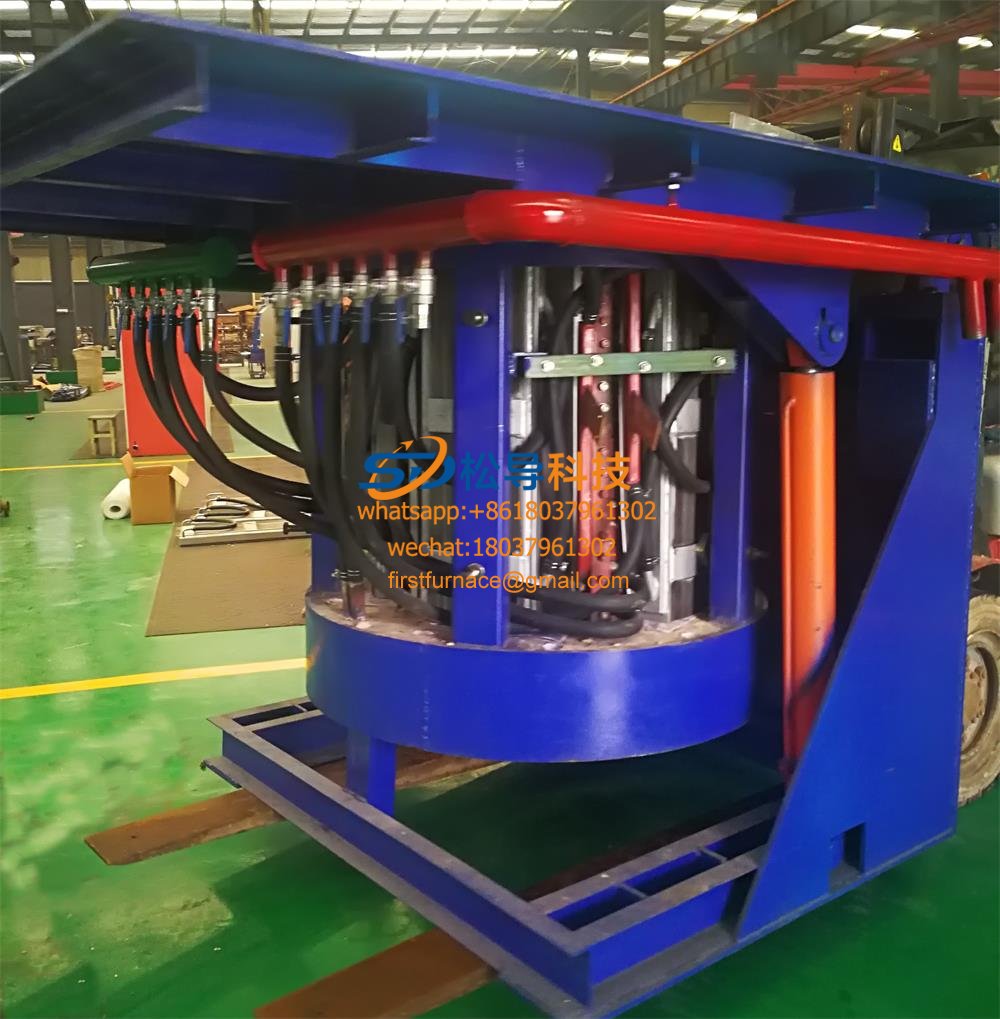
2T Series Intermediate Frequency Furnace
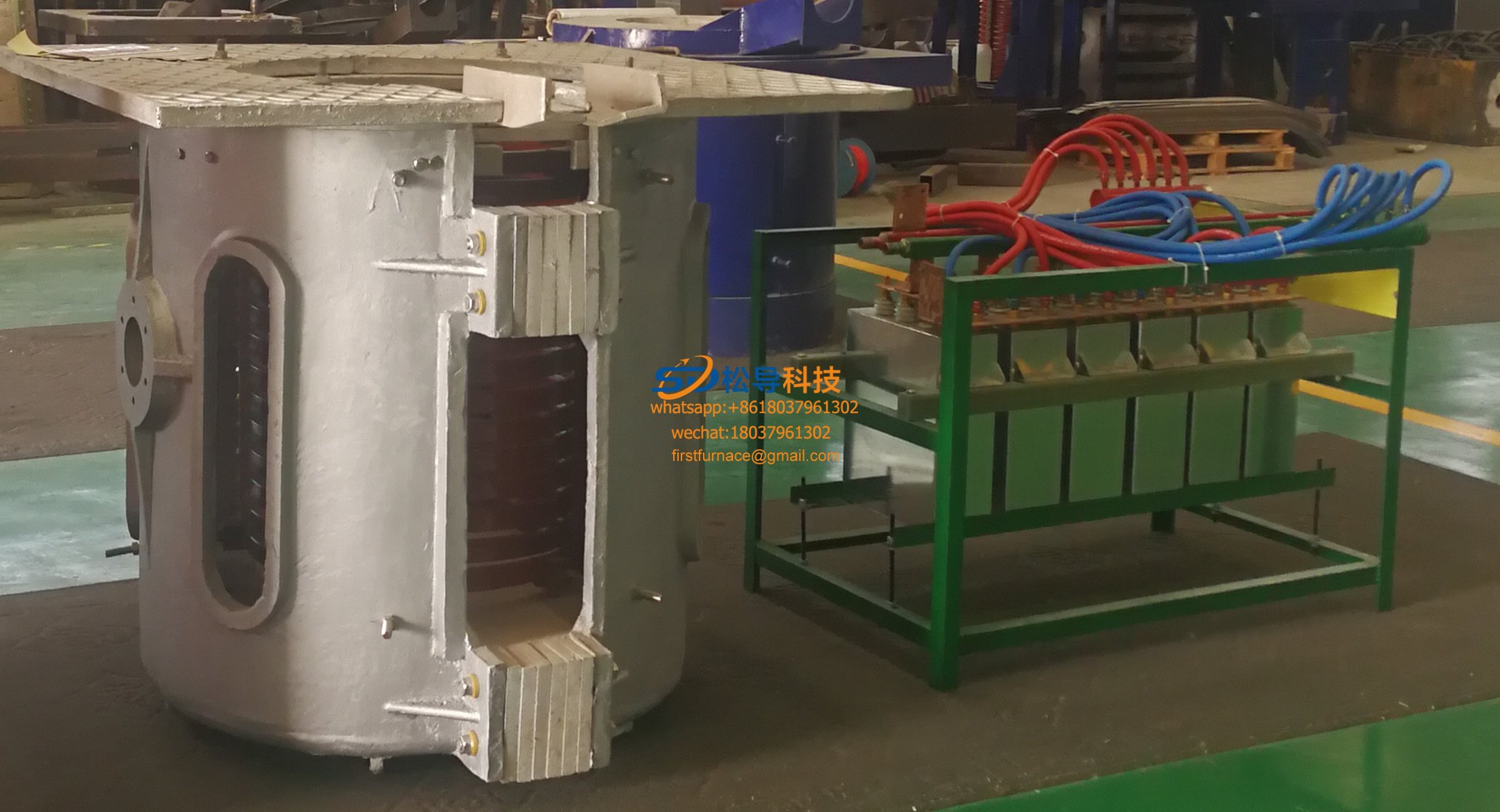
1T Series Intermediate Frequency Furnace
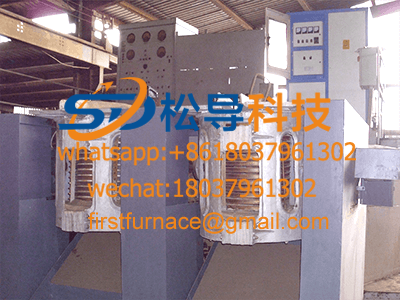
0.5T Series Intermediate Frequency Furna

0.25T Series Intermediate Frequency Furn
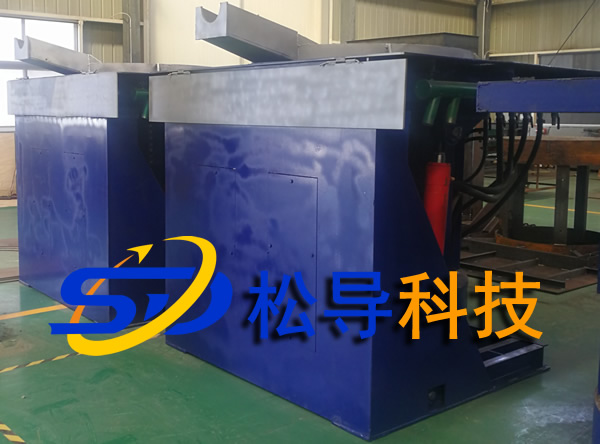
1T Parallel Intermediate Frequency Furna
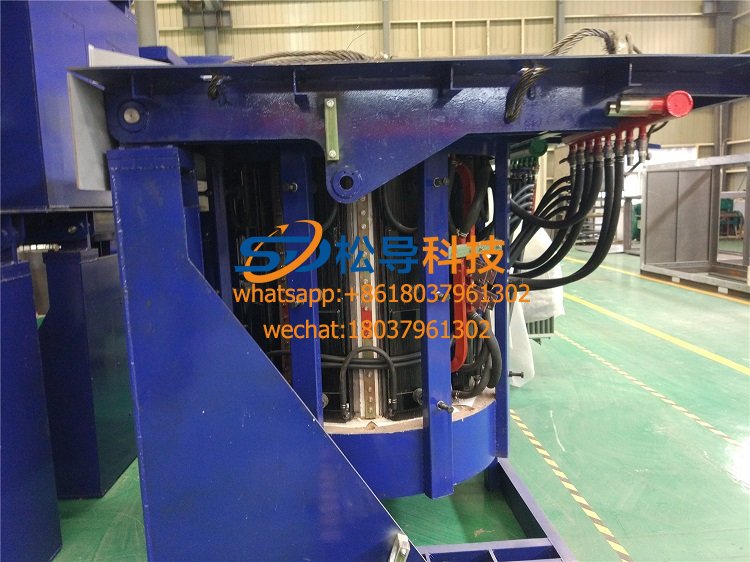
2T Parallel Intermediate Frequency Furna
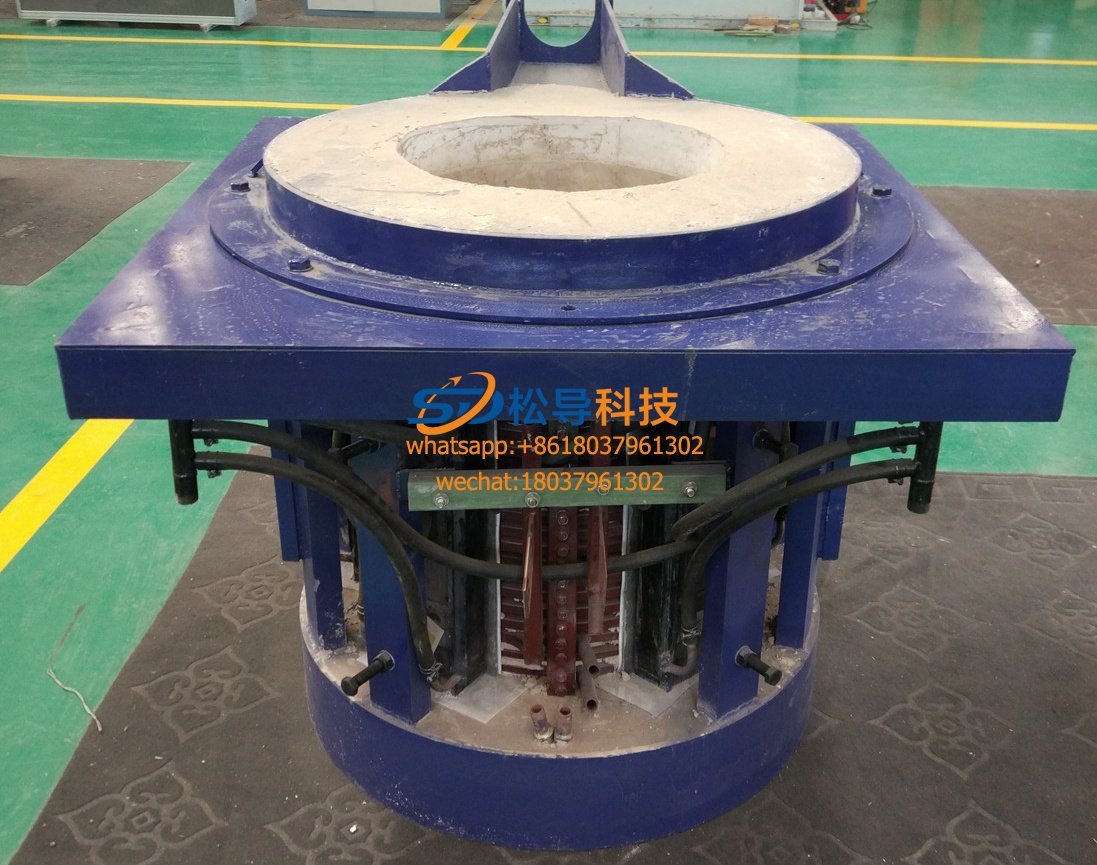
0.5T Parallel Intermediate Frequency Fur






